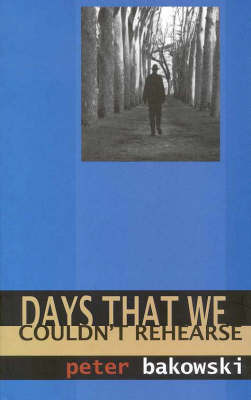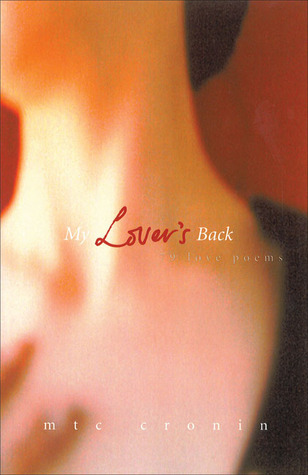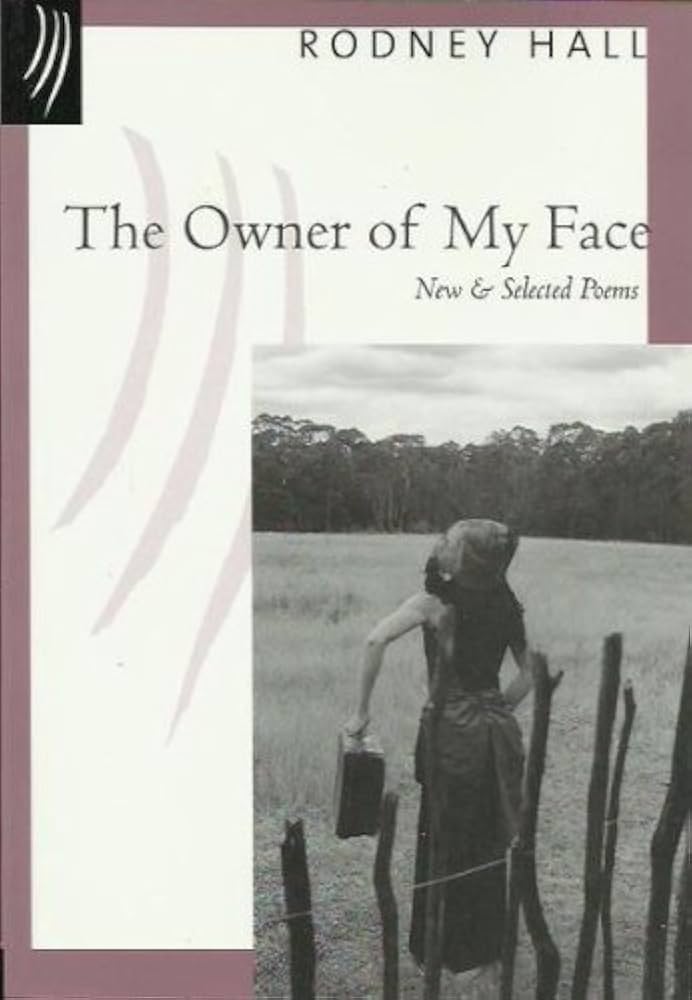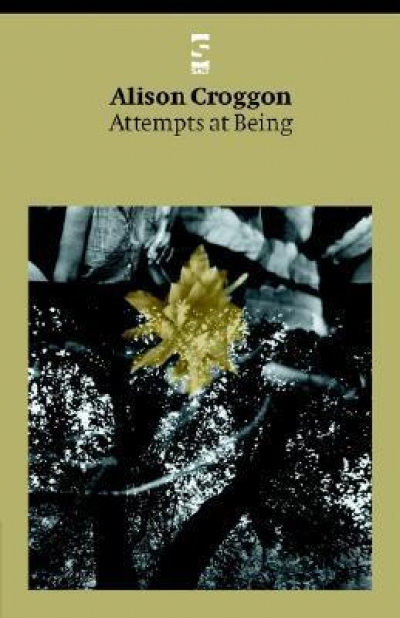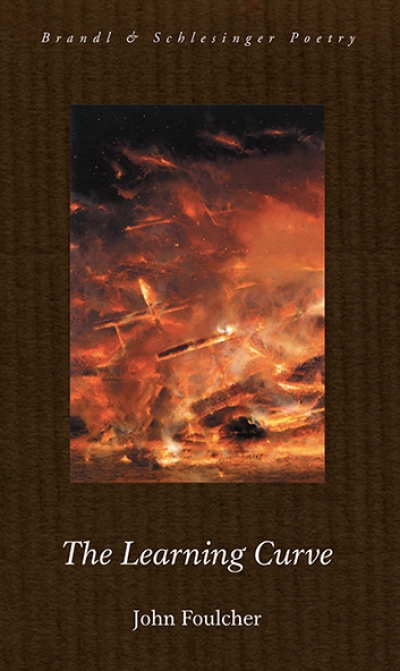Poetry
Some years ago I wrote a poem called A Table of Coincidences’, which contained the lines: ‘the day Christopher Columbus discovered America / Was the day Piero della Francesca died.’ This is a verifiable fact, unless changes in the Western calendar have altered things. Clearly, I was being sententious and reactionary: the ancient good of the world and its new doubtfulness seemed to start on the one day. A hostile reviewer pointed out that every date in the world is the anniversary of some other date, and poured scorn on my notion by suggesting that a momentous event like the Armistice in 1918 might share a date with the invention of Coca-Cola. But we still honour anniversaries, and I am only too conscious of the 365 days that have passed since 11 September 2001.
... (read more)The Owner of My Face by Rodney Hall & Collected Poems by Les Murray
When people complain about ‘postmodernism’ in poetry, they are usually, for all their talk of form and technique, strangely indifferent to its intense aestheticism. The disruptions of syntax, use of indeterminacy, tonal disjunctions, obtruse formalism, and intertextuality are types of decorativeness, instruments of ornamentation. For all that Language poets and others press their political case, pleasure is the guilty secret of postmodern poetry.
... (read more)John Foulcher’s The Learning Curve is a sequence of poems set in a fictional school called Saint Joseph’s. The ancient chestnut in which a mother’s attempts to get her son off to school are met with a lot of sulking about the pointlessness of the work and the nastiness of the children – to which she responds that as the school’s headmaster he really has to go – feels peculiarly appropriate: neither the students nor the teachers particularly want to be there. Using mainly dramatic monologues, Foulcher paints a depressing picture of a school where professional disappointments, an inept and religion-infested staff, and a general air of mutual loathing combine to produce what amounts to a psychological tragedy (with some physical tragedies thrown in for good measure). Sometimes it’s as if Joyce Grenfell’s scripts tenderly mocking English schoolmistresses have been violently revised by a Writer in Residence at the proverbial School of Hard Knocks.
... (read more)I
Dad’s new car was that Ford Customline
wide as a bed and hissing with energy.
We’ll drive carefully, we promised
and took turns to burn up the bitumen
right the way to Helidon.
It never hissed after that. It sighed.
Sometimes guilt takes fifty years
before the blister breaks.
The Ford was traded in after only four years.
Dad’s silence was the rub.
... (read more)Basalt plains, sheep and beef country
drying off. The light, intense
between showers. I drive
as if my head has been opened up
through paddocks blistered
from lava flows between bare hills.
The roads dependable as elderly bachelors
take me through towns abandoned
after the storekeeper dies.
You’ve heard this story before –
becoming unravelled in Europe
or assaulted in some roadhouse
but bold as nipples and booted.
Recovering with bourbon and red wine
in a soft room with a German
dissolving somehow at right angles
and falling off the frequent flyers list.



